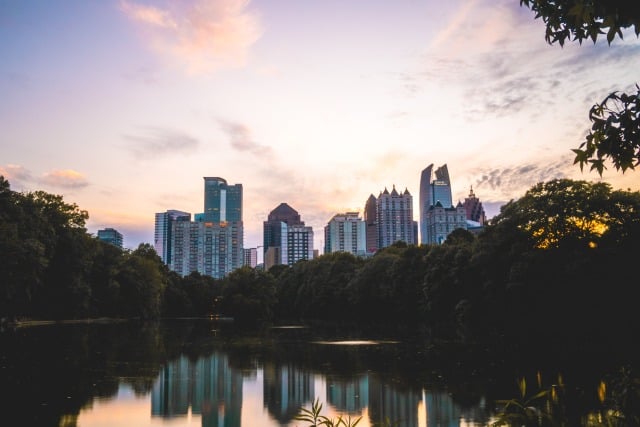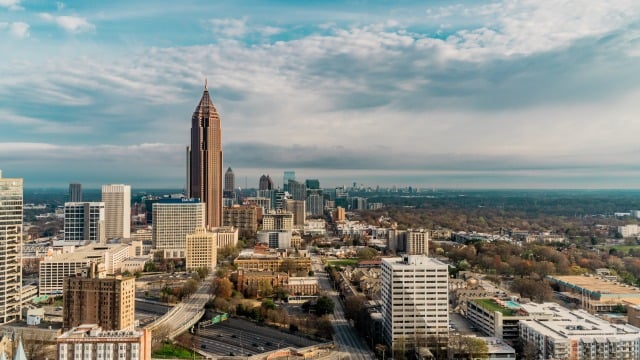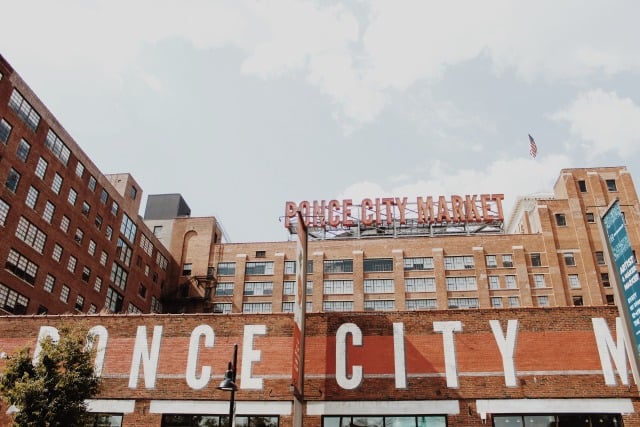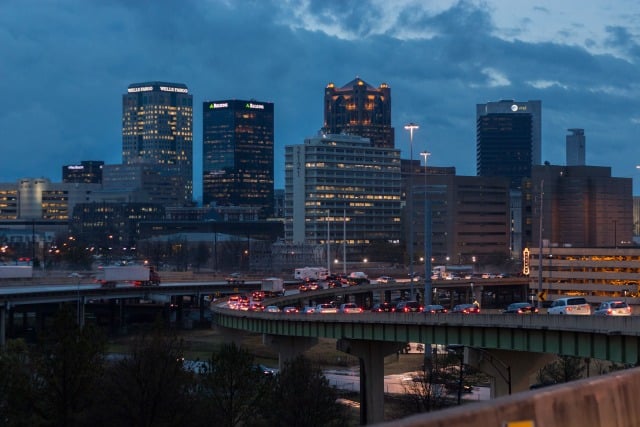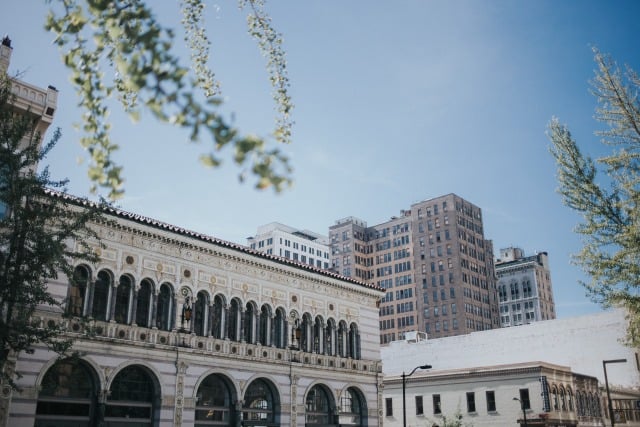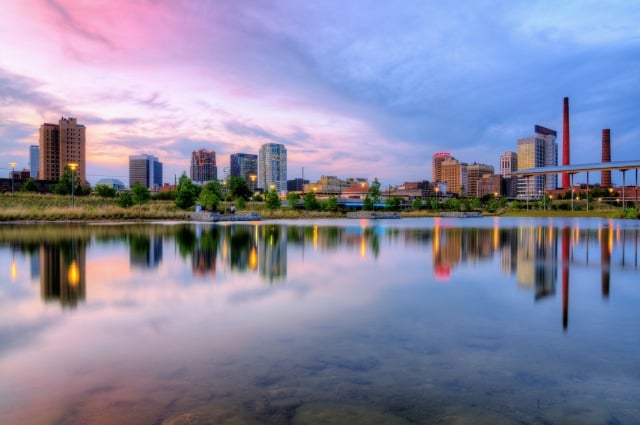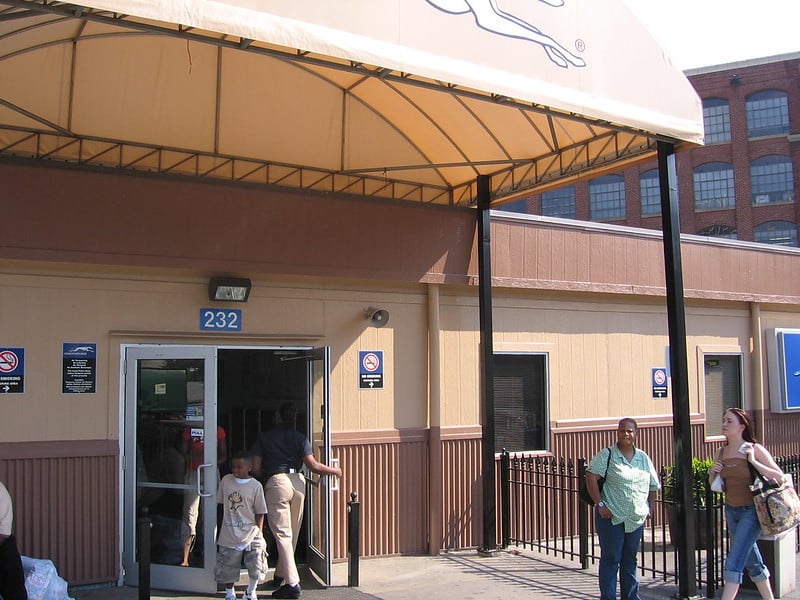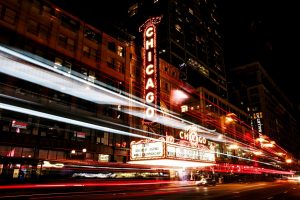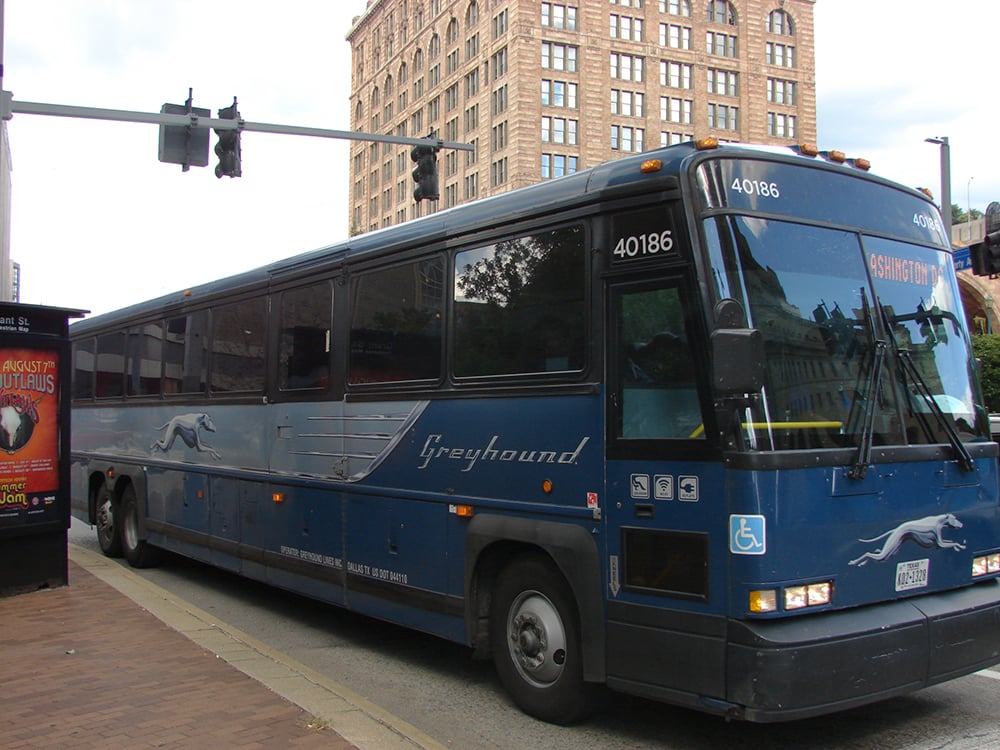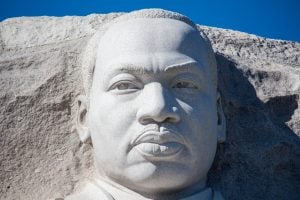Birmingham may not be the capital of Alabama, but it does hold the crown as both the cultural and entertainment capital of the Cotton State. The second-most populous city, Birmingham was founded during the Reconstruction Period, which followed the American Civil War.
Quietly going about its business as an industrial powerhouse, producing much of America's iron and steel, Birmingham didn't enter the world's consciousness until the Civil Rights Movement one hundred years later. It’s one of the 8 iconic cities on our Martin Luther King, Jr. road trip, as it’s the city where Dr. King wrote his famous “Letter From a Birmingham Jail.” When visiting, be sure to stop at the Birmingham Civil Rights Institute to learn more about the city’s civil rights history.
Today known as America's 'Magic City,' new life has been blown into downtown Birmingham in recent years. Its streets have been cleaned up, allowing the city's historical gems such as the Alabama Theater to shine once more both by day and by night.
The Birmingham Museum of Art contains the most extensive collection of artworks in the southeastern United States. It's connected to the nightlife districts of Five Points South, Lakeview, and Uptown by a series of charming tree-lined public squares. Close by Five Points South also lies Red Mountain's Vulcan Park, home to the world's largest cast-iron statue. It was made for the St. Louis World Fair of 1904.
Birmingham is an important regional hub linking the Deep South, the Appalachian Mountains, and Piedmont. Travelers can easily reach other noteworthy destinations in the U.S., including Dallas, Phoenix, and Montgomery, thanks to the hundreds of bus and train routes to and from Birmingham.





